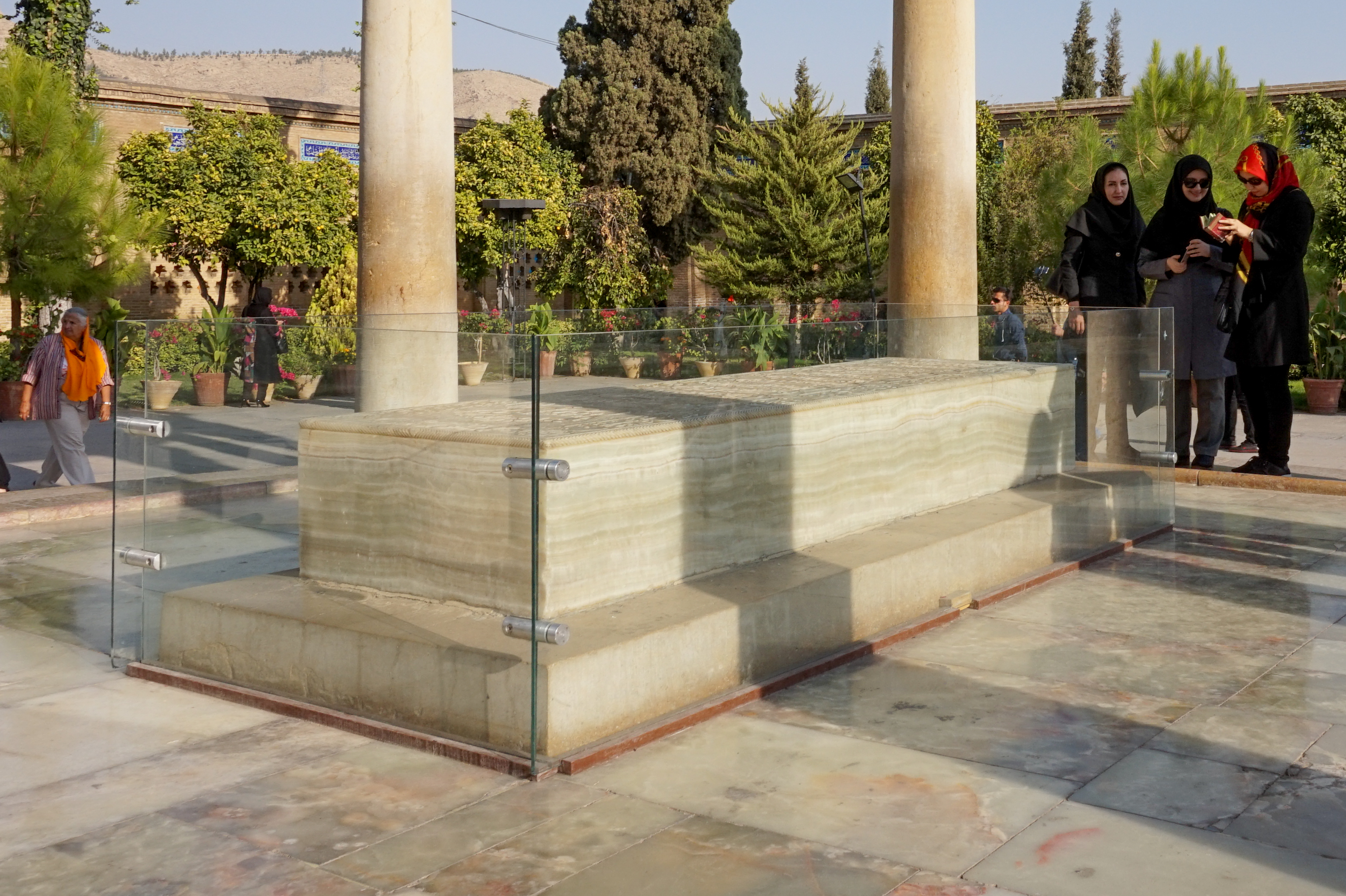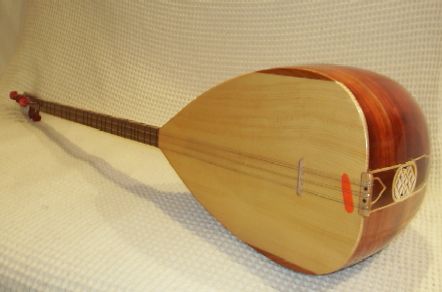|
Abbas Sahhat
Abbas Sahhat ( az, Abbas Səhhət, born Abbasgulu Aliabbas oglu Mehdizadeh; 1874 in Shamakhi – 11 July 1918, in Ganja), was an Azerbaijani poet and dramatist. Life and career Abbas Sahhat was born into the family of a cleric in the city of Shamakhi. He received his primary education from his father. At age 15 he started writing amateur poems.Abbas Sahhat ''Kultur.gov.tr'' Beginning in 1892 he studied in and . After returning to Shamakhi around 1900 he abandoned his ... [...More Info...] [...Related Items...] OR: [Wikipedia] [Google] [Baidu] |
Shamakhi
Shamakhi ( az, Şamaxı, ) is a city in Azerbaijan and the administrative centre of the Shamakhi District. The city's estimated population was 31,704. It is famous for its traditional dancers, the Shamakhi Dancers, and also for perhaps giving its name to the Soumak rugs. Eleven major earthquakes have rocked Shamakhi but through multiple reconstructions, it maintained its role as the economic and administrative capital of Shirvan and one of the key towns on the Silk Road. The only building to have survived eight of the eleven earthquakes is the landmark Juma Mosque of Shamakhi, built in the 8th century. History Shamakhi was in antiquity part of successive Persian empires and was first mentioned as ''Kamachia'' by the ancient Greco-Roman Egyptian geographer Claudius Ptolemaeus in the 1st to 2nd century AD. Shamakhi was an important town during the Middle Ages and served as a capital of the Shirvanshah realm from the 8th to 15th centuries. Shamakhi maintained economic and cult ... [...More Info...] [...Related Items...] OR: [Wikipedia] [Google] [Baidu] |
Victor Hugo
Victor-Marie Hugo (; 26 February 1802 – 22 May 1885) was a French Romantic writer and politician. During a literary career that spanned more than sixty years, he wrote in a variety of genres and forms. He is considered to be one of the greatest French writers of all time. His most famous works are the novels ''The Hunchback of Notre-Dame'' (1831) and ''Les Misérables'' (1862). In France, Hugo is renowned for his poetry collections, such as (''The Contemplations'') and (''The Legend of the Ages''). Hugo was at the forefront of the Romanticism, Romantic literary movement with his play ''Cromwell (play), Cromwell'' and drama ''Hernani (drama), Hernani''. Many of his works have inspired music, both during his lifetime and after his death, including the opera ''Rigoletto'' and the musicals ''Les Misérables (musical), Les Misérables'' and ''Notre-Dame de Paris (musical), Notre-Dame de Paris''. He produced more than 4,000 drawings in his lifetime, and campaigned for social cau ... [...More Info...] [...Related Items...] OR: [Wikipedia] [Google] [Baidu] |
Liberalism
Liberalism is a political and moral philosophy based on the rights of the individual, liberty, consent of the governed, political equality and equality before the law."political rationalism, hostility to autocracy, cultural distaste for conservatism and for tradition in general, tolerance, and ... individualism". John Dunn. ''Western Political Theory in the Face of the Future'' (1993). Cambridge University Press. . Liberals espouse various views depending on their understanding of these principles. However, they generally support private property, market economies, individual rights (including civil rights and human rights), liberal democracy, secularism, rule of law, economic and political freedom, freedom of speech, freedom of the press, freedom of assembly, and freedom of religion. Liberalism is frequently cited as the dominant ideology of modern times.Wolfe, p. 23.Adams, p. 11. Liberalism became a distinct movement in the Age of Enlightenment, gaining popularity ... [...More Info...] [...Related Items...] OR: [Wikipedia] [Google] [Baidu] |
Kurdamir
Kurdamir ( az, Kürdəmir) is a city and the capital of the Kurdamir District of Azerbaijan. It is located in Aran Economic Region. Geography The district shares borders with Agsu, Goychay, Ujar, Imishli, Sabirabad, Hajigabul and Zardab rayons. It has warm semi-arid climate. The relief mainly consists of lowland plains that are below the sea level. The river network is very sparse (Girdiman and Aghsu rivers flowing through this region), mainly Gray-Brown Earth and Gray soils are commonly found under Kserofit bushes and Tugay forests, semi-arid deserts. Wild boars, wolves, foxes, jackals, pheasants, francolins, wild ducks and geese, etc. constitute the fauna of the district. Moreover, the Shirvan collector passing through the territory of the district. The improper human activities when using irrigation, outstanding run off precipitation, as well as the wind causes soil erosion in the region. Climate Dry subtropical climate is mostly characteristic for the region. These cl ... [...More Info...] [...Related Items...] OR: [Wikipedia] [Google] [Baidu] |
Armenian Revolutionary Federation
The Armenian Revolutionary Federation ( hy, Հայ Յեղափոխական Դաշնակցութիւն, ՀՅԴ ( classical spelling), abbr. ARF or ARF-D) also known as Dashnaktsutyun (collectively referred to as Dashnaks for short), is an Armenian nationalist and socialist political party founded in 1890 in Tiflis, Russian Empire (now Tbilisi, Georgia) by Christapor Mikaelian, Stepan Zorian, and Simon Zavarian. Today the party operates in Armenia, Artsakh, Lebanon, Iran and in countries where the Armenian diaspora is present. Although it has long been the most influential political party in the Armenian diaspora, it has a comparatively smaller presence in modern-day Armenia. As of October 2021, the party was represented in three national parliaments with ten seats in the National Assembly of Armenia, three seats in the National Assembly of Artsakh and three seats in the Parliament of Lebanon as part of the March 8 Alliance. The ARF has traditionally advocated socialist democracy ... [...More Info...] [...Related Items...] OR: [Wikipedia] [Google] [Baidu] |
Tevfik Fikret
Tevfik Fikret ( ota, توفیق فكرت) was the pseudonym of Mehmed Tevfik (December 24, 1867 – August 19, 1915), an Ottoman-Turkish educator and poet, who is considered the founder of the modern school of Turkish poetry. Biography Family Mehmed Tevfik was born in Istanbul on December 24, 1867.Ayşegül Yaraman-Başbuğu, ''Biyografya: Tevfik Fikret'', Bağlam, 2006, p. 17. "Kökleri, baba tarafından Çankırı 'sancağı'nın Çerkeş kazasına, anne tarafından ise Sakız adalı, Islâmiyeti benimseyen Rum asıllı bir aileye uzanan Mehmet Tevfik (sonradan Tevfik Fikret) 24 Aralık 1867 tarihinde İstanbul'da doğmuş..." His father (Hüseyin Efendi), originally from the district of Çerkeş in the sanjak of Çankırı, was mostly absent, as he was exiled for being a political foe of the ruling regime; while his mother (Hatice Refia Hanım), a Greek Muslim convert from the island of Chios, died when he was very young. Education He received his education at the p ... [...More Info...] [...Related Items...] OR: [Wikipedia] [Google] [Baidu] |
Saadi (poet)
Saadi Shīrāzī ( fa, ابومحمّد مصلحالدین بن عبدالله شیرازی), better known by his pen name Saadi (; fa, سعدی, , ), also known as Sadi of Shiraz (, ''Saʿdī Shīrāzī''; born 1210; died 1291 or 1292), was a Persian poet and prose writer of the medieval period. He is recognized for the quality of his writings and for the depth of his social and moral thoughts. Saadi is widely recognized as one of the greatest poets of the classical literary tradition, earning him the nickname "The Master of Speech" or "The Wordsmith" ( ''ostâd-e soxan'') or simply "Master" ( ''ostâd'') among Persian scholars. He has been quoted in the Western traditions as well. '' Bustan'' has been ranked as one of the 100 greatest books of all time by ''The Guardian''. Biography Saadi was born in Shiraz, Iran, according to some, shortly after 1200, according to others sometime between 1213 and 1219. In the Golestan, composed in 1258, he says in lines evidently addr ... [...More Info...] [...Related Items...] OR: [Wikipedia] [Google] [Baidu] |
Hafez
Khwāje Shams-od-Dīn Moḥammad Ḥāfeẓ-e Shīrāzī ( fa, خواجه شمسالدین محمّد حافظ شیرازی), known by his pen name Hafez (, ''Ḥāfeẓ'', 'the memorizer; the (safe) keeper'; 1325–1390) and as "Hafiz", was a Persian lyric poet, whose collected works are regarded by many Iranians as a pinnacle of Persian literature. His works are often found in the homes of people in the Persian-speaking world, who learn his poems by heart and use them as everyday proverbs and sayings. His life and poems have become the subjects of much analysis, commentary and interpretation, influencing post-14th century Persian writing more than any other Persian author. Hafez is best known for his Divan of Hafez, a collection of his surviving poems probably compiled after his death. His works can be described as "antinomian" and with the medieval use of the term "theosophical"; the term "theosophy" in the 13th and 14th centuries was used to indicate mystical work by ... [...More Info...] [...Related Items...] OR: [Wikipedia] [Google] [Baidu] |
Nizami Ganjavi
Nizami Ganjavi ( fa, نظامی گنجوی, lit=Niẓāmī of Ganja, translit=Niẓāmī Ganjavī; c. 1141–1209), Nizami Ganje'i, Nizami, or Nezāmi, whose formal name was ''Jamal ad-Dīn Abū Muḥammad Ilyās ibn-Yūsuf ibn-Zakkī'',Mo'in, Muhammad(2006), "Tahlil-i Haft Paykar-i Nezami", Tehran.: p. 2: Some commentators have mentioned his name as “Ilyas the son of Yusuf the son of Zakki the son of Mua’yyad” while others have mentioned that Mu’ayyad is a title for Zakki. Mohammad Moin, rejects the first interpretation claiming that if it were to mean 'Zakki son of Muayyad' it should have been read as 'Zakki i Muayyad' where izafe (-i-) shows the son-parent relationship but here it is 'Zakki Muayyad' and Zakki ends in silence/stop and there is no izafe (-i-). Some may argue that izafe is dropped due to meter constraints but dropping parenthood izafe is very strange and rare. So it is possible that Muayyad was a sobriquet for Zaki or part of his name (like Muayyad al-D ... [...More Info...] [...Related Items...] OR: [Wikipedia] [Google] [Baidu] |
Romantic Poetry
Romantic poetry is the poetry of the Romantic era, an artistic, literary, musical and intellectual movement that originated in Europe towards the end of the 18th century. It involved a reaction against prevailing Enlightenment ideas of the 18th century, and lasted approximately from 1800 to 1850.Romanticism . Academic.brooklyn.cuny.edu. Retrieved 2012-05-17. Romantic poets rebelled against the style of poetry from the eighteenth century which were based around epics, odes, satires, elegies, epistles and songs. English Romantic poetry In early-19th-century England, the poet defined his and |
Bağlama
The ''bağlama'' or ''saz'' is a family of plucked string instruments, long-necked lutes used in Ottoman classical music, Turkish folk music, Turkish Arabesque music, Azerbaijani music, Kurdish music, Armenian music and in parts of Syria, Iraq and the Balkan countries. ''Bağlama'' ( tr, bağlama) is Turkish from ''bağlamak'', "to tie". It is . ''Saz'' ( fa, ساز) means "to make; to compose" in Persian. It is . According to ''The New Grove Dictionary of Music and Musicians'', "the terms 'bağlama' and 'saz' are used somewhat interchangeably in Turkey." Like the Western lute and the Middle-Eastern oud, it has a deep round back, but a much longer neck. It can be played with a plectrum or with a fingerpicking style known as ''şelpe''. In the music of Greece the name ''baglamas'' ( el, μπαγλαμάς) is given to a treble bouzouki, a related instrument. The Turkish settlement of Anatolia from the late eleventh century onward saw the introduction of a two-string Turkmen ... [...More Info...] [...Related Items...] OR: [Wikipedia] [Google] [Baidu] |
German Literature
German literature () comprises those literature, literary texts written in the German language. This includes literature written in Germany, Austria, the German parts of Switzerland and Belgium, Liechtenstein, Luxembourg, South Tyrol in Italy and to a lesser extent works of the German diaspora. German literature of the modern period is mostly in Standard German, but there are some currents of literature influenced to a greater or lesser degree by German dialects, dialects (e.g. Alemannic literature, Alemannic). Medieval German literature is literature written in Germany, stretching from the Carolingian dynasty; various dates have been given for the end of the German literary Middle Ages, the Protestant Reformation, Reformation (1517) being the last possible cut-off point. The Old High German period is reckoned to run until about the mid-11th century; the most famous works are the ''Hildebrandslied'' and a heroic epic known as the ''Heliand''. Middle High German starts in the 12t ... [...More Info...] [...Related Items...] OR: [Wikipedia] [Google] [Baidu] |





